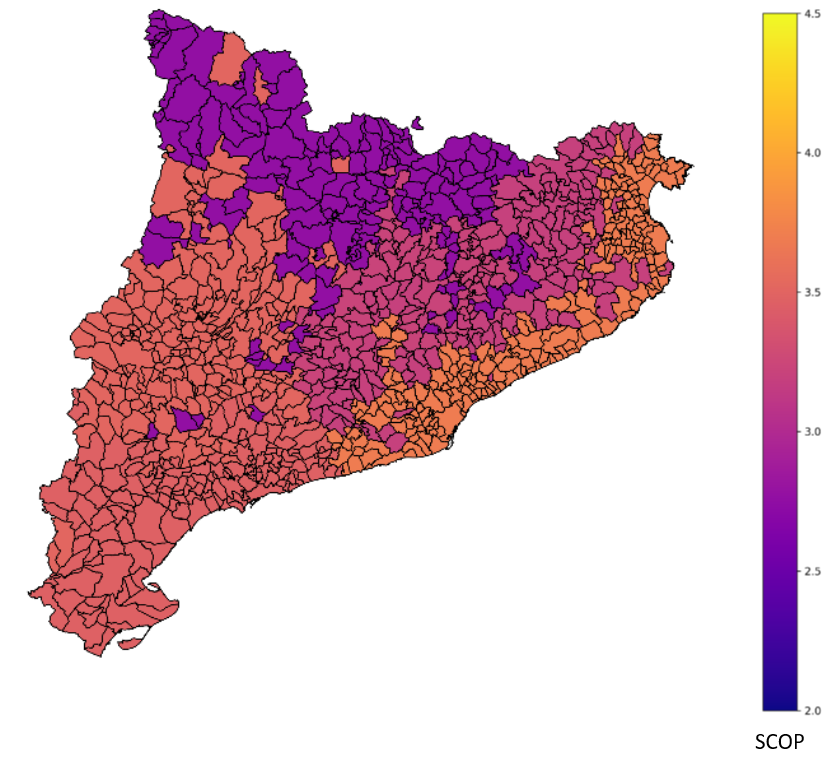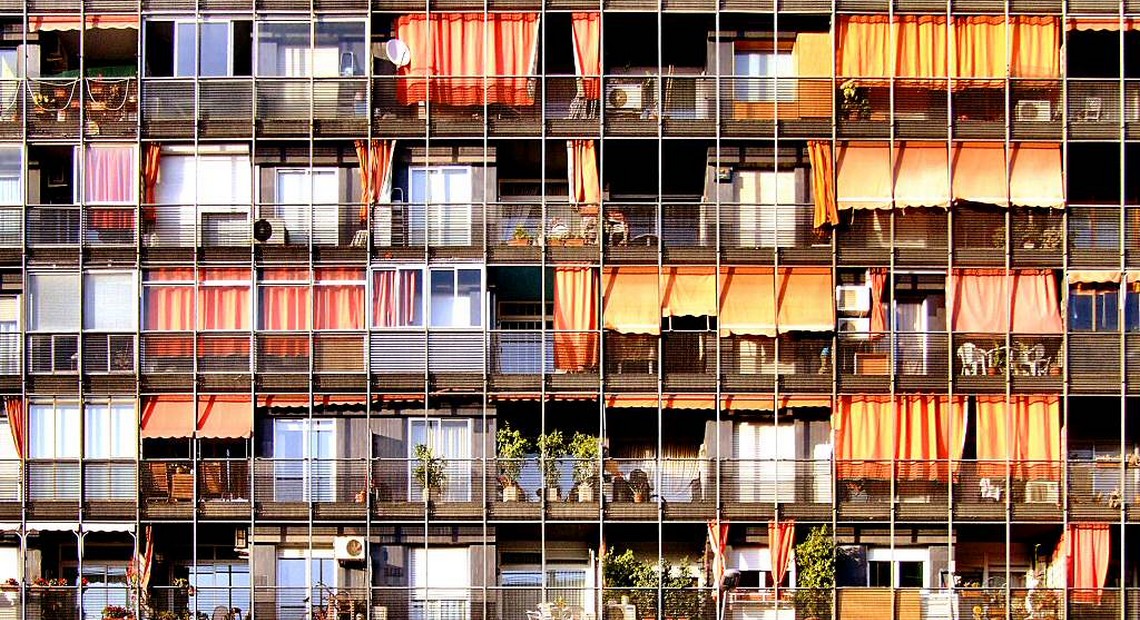The Thermal Energy and Building Performance group of IREC has collaborated in a research project with ICAEN (the Catalan Energy Institute) to investigate the potential of heat pumps in the context of Catalonia, to understand these variations in performance within the different climates present in this region. Air-source heat pumps are sensitive to the climate, since they use the ambient air as a source of heat for providing heating or domestic hot water services. Catalonia presents different climatic zones, ranging from the mountainous inland to the Mediterranean coastline, which is why it is important to verify the performance in those distinct conditions. The work led to the publication of the following report by ICAEN in October 2020 (in catalan): Treballs tècnics relatius al potencial de les bombes de calor aerotèrmiques d’alta eficiència energètica per a climatització i generació d’aigua calenta sanitaria a Catalunya.

Heat pumps are slighlty less efficient in the colder climates, although their seasonal efficiency (SCOP) does not vary a lot in the different climatic zones of Catalonia (here assuming a radiant floor system).
The research was carried out through annual dynamic simulations, as well as experimental tests with a real heat pump in a climate chamber, in IREC’s laboratory SEILAB in Tarragona. Four different methods were used to corroborate the results in terms of annual performance of the heat pump, which is measured through the SCOP (seasonal coefficient of performance). The results highlighted that the efficiency highly depends on the temperature level used for the heat pump, and less so of the climate zone. For instance, with radiators the heat pump must supply 55ºC and the SCOP ranges between 2.2 and 3.3, while with a radiant floor system, it is sufficient for the heat pump to supply 35ºC and the SCOP then rises to values between 3.0 and 4.1. The use of a heating curve is also found to be highly beneficial. The principle of the heating curve is that the supply temperature is not constant throughout the year, but depends on the outdoor temperature. If it gets warmer outside, the supply temperature is thus reduced to adapt to the heating demand, and decrease the energy consumption.
The economical analysis revealed that the initial investment in a heat pump is more expensive than in a traditional gas boiler. However, the operation costs are lower for the heat pump if it is controlled with a heating curve at low temperature levels, therefore on the total cost for the end user, heat pumps are competitive with gas boilers. In the coldest Catalan climates, they can even provide around 30% lower total costs. The economical performance of heat pumps could even be increased further in the future if they are managed in a smart way with variable electricity prices.
Learn more about the study in the ICAEN report.
(header image: “Flats in barcelona” by Tom Clearwood is licensed under CC BY-NC-SA 2.0)



